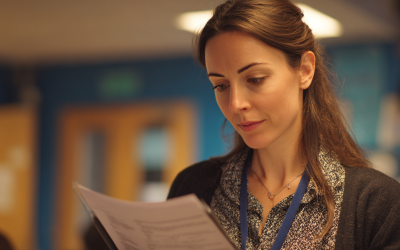This blog post is based on an article by Vanessa Clarke, Education Correspondent for the BBC.
Home education is on the rise in England, with an estimated 111,700 children now learning outside the traditional school system—a 20% increase in just one year. While some parents choose this route for philosophical or cultural reasons, many are driven by dissatisfaction with mainstream schools, including inadequate support for special educational needs (SEND), bullying, or their child’s mental health challenges.
For families like Daniel and his son Toby, who has ADHD, traditional school environments simply don’t work. After years of struggle, Daniel and his wife decided to home-educate Toby, allowing him the flexibility he needs to thrive. But Daniel is quick to acknowledge their privilege: home education requires financial stability, time, and creativity—resources not all families have.
The COVID-19 pandemic has also played a role, exposing parents to alternative learning models and leaving some children struggling to readjust to classrooms. Meanwhile, gaps in SEND provision and a rise in persistent absenteeism have left families feeling they have no other choice.
Yet home education is not without its challenges. Parents shoulder the full financial burden, from buying materials to paying for GCSE exams, and critics argue that the lack of regulation leaves children vulnerable. A proposed national register for home-educated children could provide greater oversight, but opinions remain divided.
Despite the hurdles, many families see home education as a way to tailor learning to their children’s needs, focus on their passions, and safeguard their well-being. However, as experts and advocates point out, it’s often a “last resort” rather than a true choice—reflecting broader issues within England’s education system.
For more details on this story, read the original article by Vanessa Clarke.



